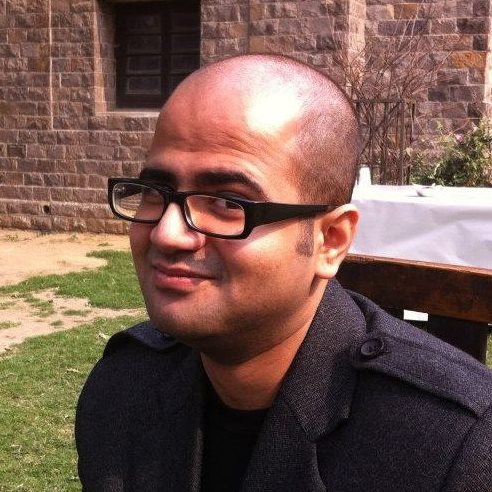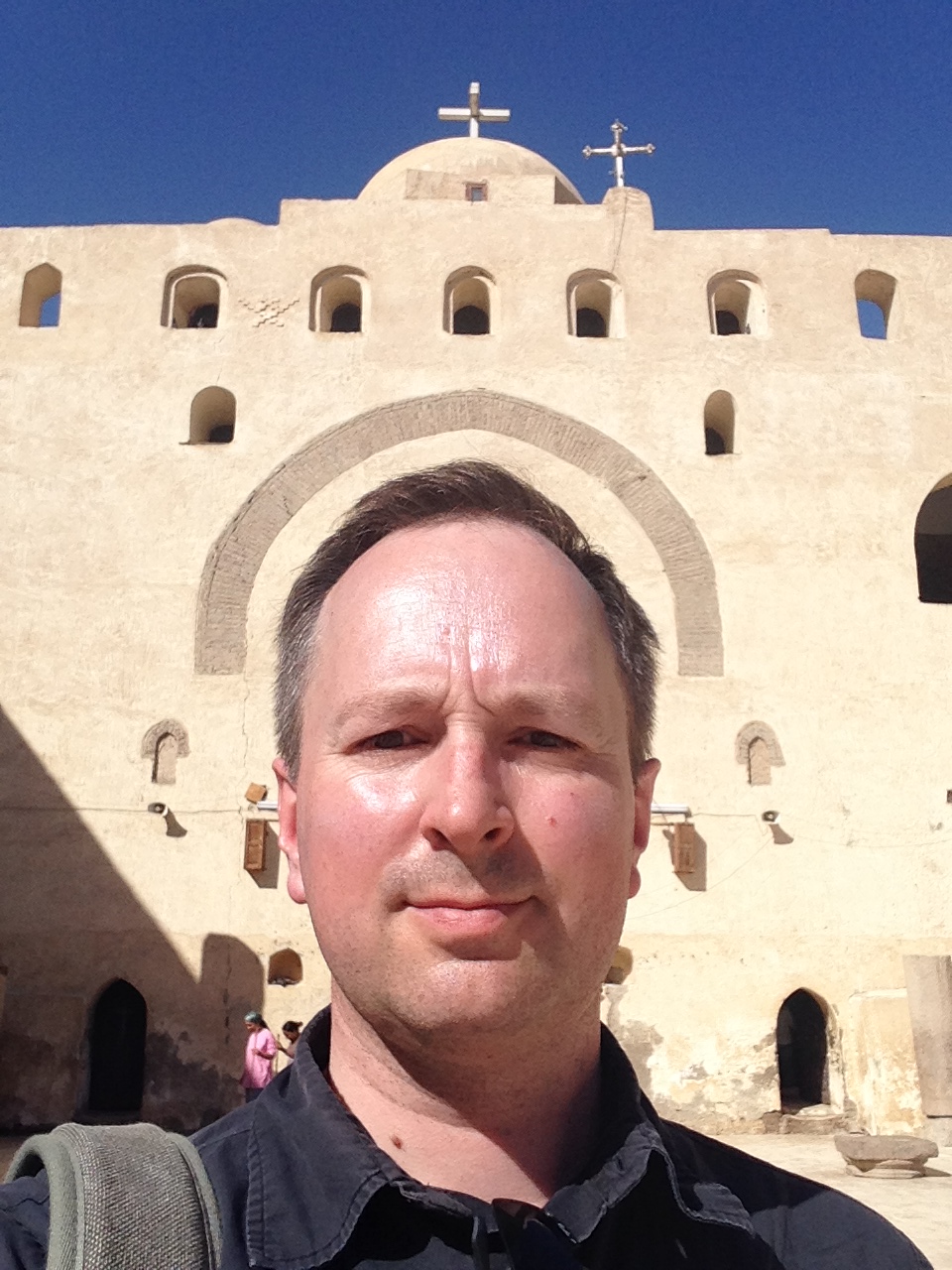Associate professor Bodhisattva Chattopadhyay
Faculty of Humanities
Project: COFUTURESLITERACY: CoFutures Literacy
Summary
Duration: Start date: 2023-08-01, End date: 2025-01-31
Call: ERC-2022-PoC2
Summary: People around the world imagine futures differently. These imaginations of the future are most clearly found in the fictions they produce (Future Fictions or Speculative Fiction; SF). SF acts as a repository of ideas related to societal change, technological change, climate change, and other kinds of change. How do we take these different imaginations, and use them to drive societal innovations? How do we work with the complexity of visions around the world, not merely in its richer parts but in its poorer, or developing parts, to think new kinds of futures: economic, cultural, political? And how do we scale and translate these visions for use in policy and policy-adjacent contexts, how can they inspire new social and technological developments? While the need for these fictions to drive innovation is by now well-known at research and policy level, the core problem is that there have been no methodologies, no tools, and no frameworks that acknowledge the deep complexity of global, creative imaginaries of the future and feed them directly into new ways of thinking about societal challenges. In the PoC-CoFutures Literacy, we will take people’s imaginations of the future, especially as found in SF, and systematize the methods used by creative professionals globally to imagine futures. These creative methods will be combined with methods used in innovations, scenario and policy work to understand, anticipate and generate futures. Together, this will form the knowledge solution we term CoFutures Literacy. The PoC will develop this knowledge solution by taking some of the central ideas from diverse imaginations of the future worldwide from SF research done by the ERC-STG CoFUTURES (2020-2024), combine these with existing models of futures and innovation research, and crystallize these functions into three modules of the knowledge solution: a) a comparative methodological toolkit, b) a research and design handbook, and, c) an open media and lecture library.
Professor Hugo Lundhaug
Faculty of Theology
Project: TInTraMac: Tool for the Analysis of Information Transfer in Manuscript Cultures
Summary
Duration: Start date: 2023-08-01, End date: 2025-01-31
Call: ERC-2022-PoC2
Summary: This PoC project aims to alleviate the hesitancy of scholars working on texts preserved in manuscripts or other handwritten media, to adopt advanced digital methodologies in their research, by developing a free, shareable, flexible, low-threshold research tool, which may be used as a starting point for researchers interested in studying the textual transmission of information in manuscript cultures. It will take the form of a pre-designed but flexible data model, data-input framework, and database solution, through which data can be queried and exported for further analysis using relevant tools for statistical and network analysis. It will be accompanied by a detailed user manual guiding users through the workflow from data input to analysis, and tutorial videos explaining in non-specialist terms to scholars of historical textual corpora the procedures leading from database design and population to the application of relevant analytical tools. It will also contain a description of best practices and recommendations for the organization of collaborative team-based project implementation. The tool will be designed in such a way as to be easily adapted to a wide range of research projects on any type of textual corpus, regardless of its language or genre. The TInTraMac research tool will be freely downloadable and non-profit, but aims to save significant time and resources for researchers and research projects focusing on large-scale textual corpora, based on handwritten sources from manuscript cultures, promoting groundbreaking research by clearly demonstrating the benefits of employing such advanced digital methods in their fields. At the same time it aims to lower the threshold of adoption by making the TInTraMac research tool freely available, and it aims to flatten the learning curve for non-specialist users by making it highly accessible.